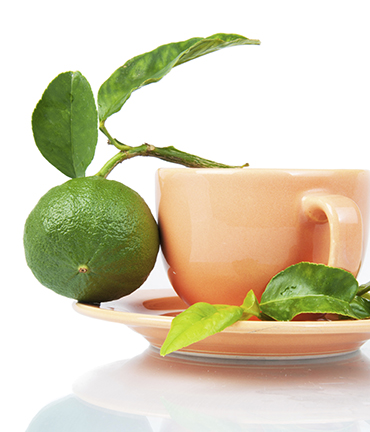A bitter yet fragrant citrus fruit known as bergamot, most often found as a flavour in Earl Grey tea, can yield an extract that lowers cholesterol with very few side effects. The scientists associated with this study – which is working with the company that actually produces the bergamot extract – say that it “boosts good cholesterol, reduces fatty deposits in the liver and lowers blood sugar.”
They suggest that it would make an excellent alternative to the statins most often used to lower cholesterol – but are known for side-effects ranging from muscle aches to digestive problems.
Despite the fact that the group has published or presented a number of human studies, the potential conflict of interest means that independent studies from other countries and other researchers would be needed before the evidence becomes truly compelling.
Bergamot fruit are rich in flavonoids (which are antioxidants) – that some scientists suggest are responsible for bergamot’s most desirable effects. Earl Grey tea probably doesn’t boast enough bergamot to be used therapeutically – but the tea does contain other antioxidants called catechins.









